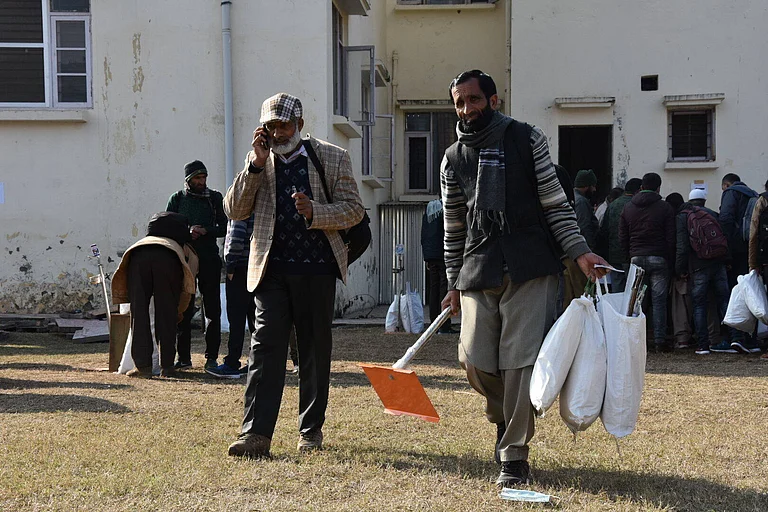The government has decided to advance the Bharat Stage-VI grade auto fuel norms by two years, to be now implemented from April 1,2018 instead of April 1,2020, prompted by worsening air quality in Delhi.
Minister of Petroleum and Natural Gas, Dharmendar Pradhan called it a 'sincere effort to curb the vehicular pollution in Delhi and adjoining areas.'
"The decision to leapfrog directly from BS-IV to BS-VI is also in line with Hon’ble PM’s commitment at COP21 to voluntarily cut our carbon emissions; India will set up a new global benchmark by the introduction of BS-VI in Delhi within a year of countrywide migration to BS-IV, " he said.
Oil Marketing companies have also been asked to examine the possibility of the introduction of BS-VI auto fuels in the whole of NCR area with effect from April 1, 2019.
Bharat Stage standards are environmental norms that are brought in place to regulate vehicular emissions. All new vehicles will have to be in compliance with the latest norms. Currently, BS-IV is being followed but the government had earlier decided on skipping BS-V altogether to implement the BS-VI norms.
Earlier in April, the ministry had successfully introduced the BS-IV grade transportation fuels across the country with an aim to reduce the carbon footprints and maintain a healthy environment.
BS-IV fuels contain 50 parts per million (ppm) sulphur, while BS-V and BS-VI grade fuel will have 10 ppm sulphur.
BS-VI emission norms, considered the best in the world, will however, make vehicles cost more.
The decision comes against the backdrop of the 'severely' poor air quality in Delhi and neighbouring states. Delhi NCR region has been under a thick blanket of smog aggravating health concerns and doctors called it an emergency.
Delhi has been experiencing dense smog for about a week, forcing authorities to enforce emergency measures such as banning construction activities and brick kilns in the National Capital Region.


























